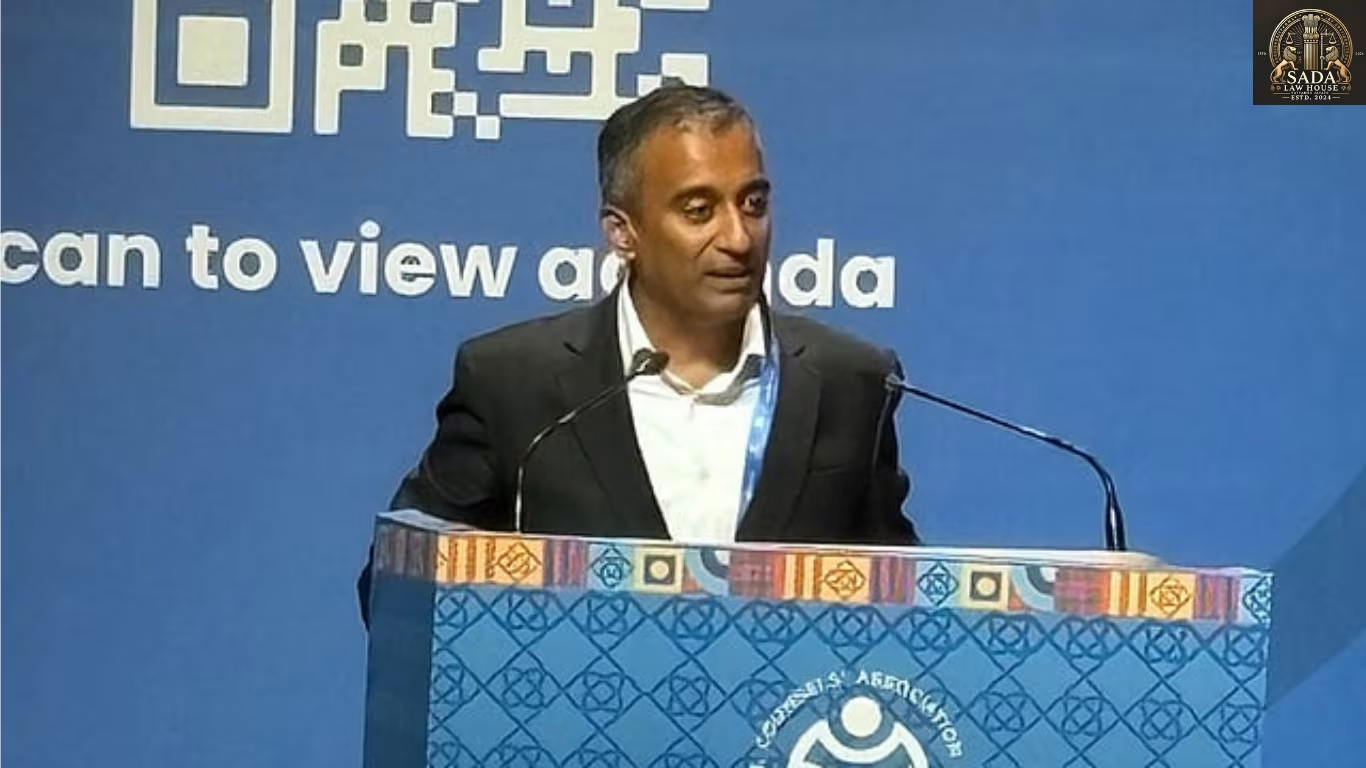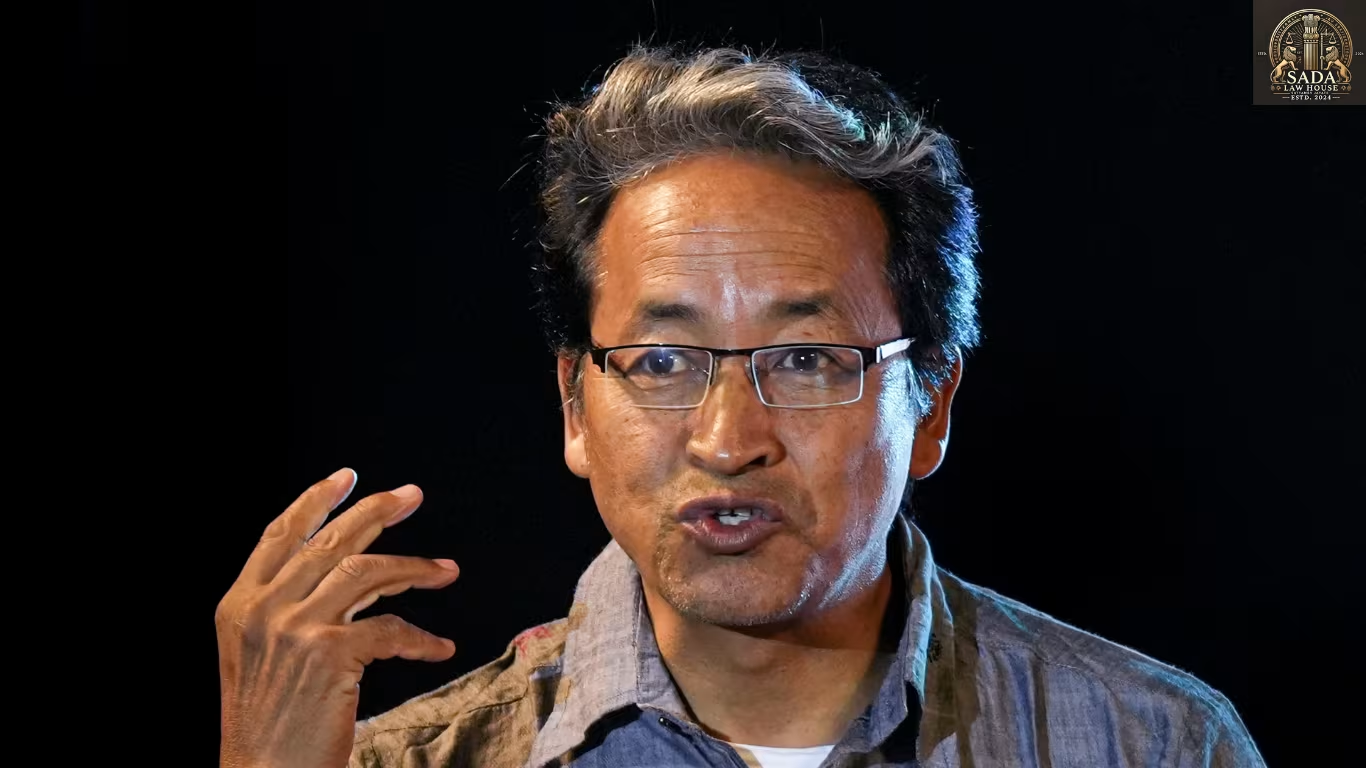Dreams Deferred: Odisha’s Young Engineers Caught in Recruitment Crossfire
- Kashish Jahan
- 08 June 2025

Odisha’s Assistant Executive Engineer recruitment controversy leaves thousands of young engineers stuck amid legal battles over GATE score eligibility and deadline extensions. What does this mean for fairness in public service hiring?
The High Hopes of Odisha’s Aspiring Engineers
In the diverse landscape of Odisha, thousands of engineering graduates eagerly awaited recruitment into the state’s public engineering services. With rigorous preparation for the Graduate Aptitude Test in Engineering (GATE) exams and relentless effort, candidates anticipated a transparent recruitment process through the Odisha Public Service Commission (OPSC).
The Recruitment Announcement and GATE Score-Based Selection
In October 2023, Odisha Public Service Commission (OPSC) released 621 vacancies for Assistant Executive Engineers (AEE):
580 positions for Civil Engineers
41 positions for Mechanical Engineers
Departing from traditional exams, OPSC decided to shortlist candidates based on GATE scores from the past three years (2021, 2022, and 2023).
The Deadline Extension and Resulting Controversy
Initially, the application deadline was fixed. However, the Orissa High Court intervened following a petition, ordering an extension of the deadline to 8 May 2025 to include candidates with older GATE scores.
This last-minute extension, while seemingly inclusive, disadvantaged many aspirants who deferred applying, planning instead to use their GATE 2025 scores, expecting recruitment to follow the usual cycle.
The Petitioners’ Challenge in the Supreme Court
Feeling aggrieved by the shifting timelines, some aspirants filed a Special Leave Petition (SLP) in the Supreme Court of India, arguing that:
Changing rules mid-process undermines fairness and transparency
Candidates who followed the original schedule were unfairly penalized
The recruitment process needed to be paused for a fairer chance
Supreme Court’s Interim Order: A Delicate Balance
In May 2025, the Supreme Court, led by Justice Vikram Nath, declined to stay the entire recruitment but issued a protective order:
OPSC must reserve one seat for each petitioner
Final recruitment results remain subject to the Court’s future verdict
Full hearing scheduled for July–August 2025
This ruling provides some relief but leaves many candidates anxious about their futures.
Broader Implications for Recruitment Policy and Governance
This case raises critical questions for public recruitment and governance in India:
Should recruitment deadlines and eligibility criteria be altered mid-way?
How can administrative flexibility be balanced against candidate fairness?
What is the appropriate level of judicial intervention in public service recruitment?
With thousands of engineers facing uncertain careers, these questions strike at the heart of transparency and trust in government hiring.
Conclusion: Deferred Dreams, Pending Justice
Odisha’s young engineers now wait, not just on exam scores, but on legal outcomes that will determine their career paths. Their situation highlights the complex intersection of administrative policy, judicial oversight, and individual aspirations.
As the Supreme Court prepares to hear the full case, the verdict will be a crucial benchmark for fair and timely public recruitment — not just in Odisha, but across India.






